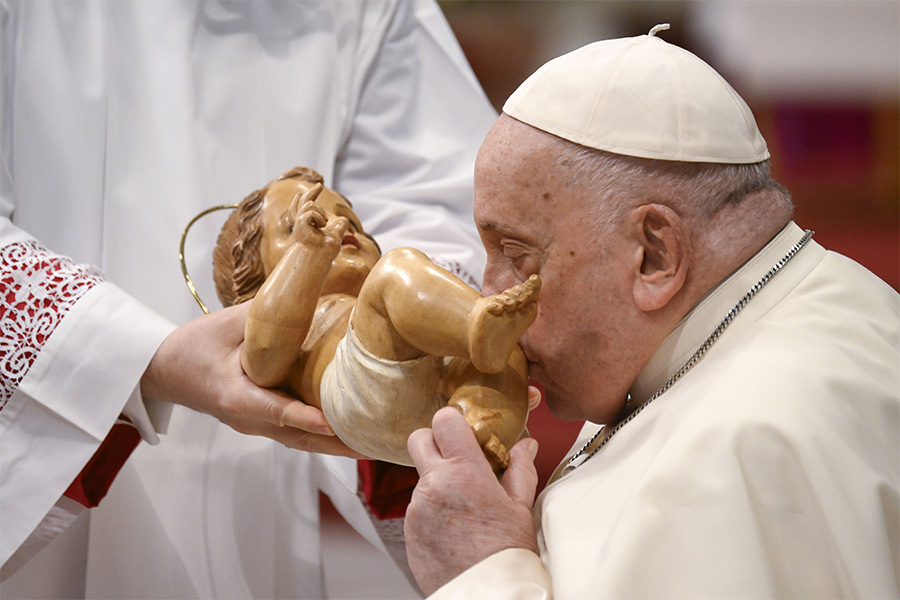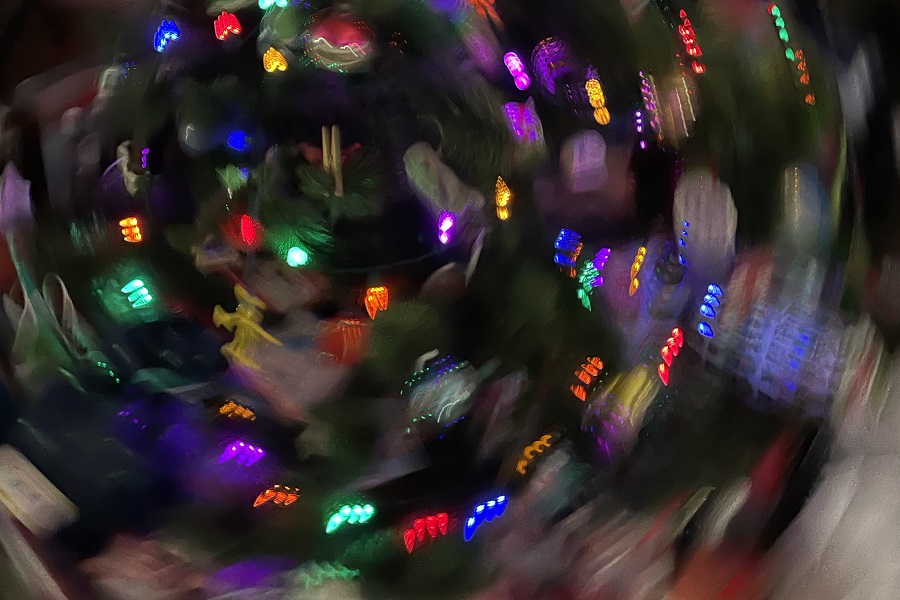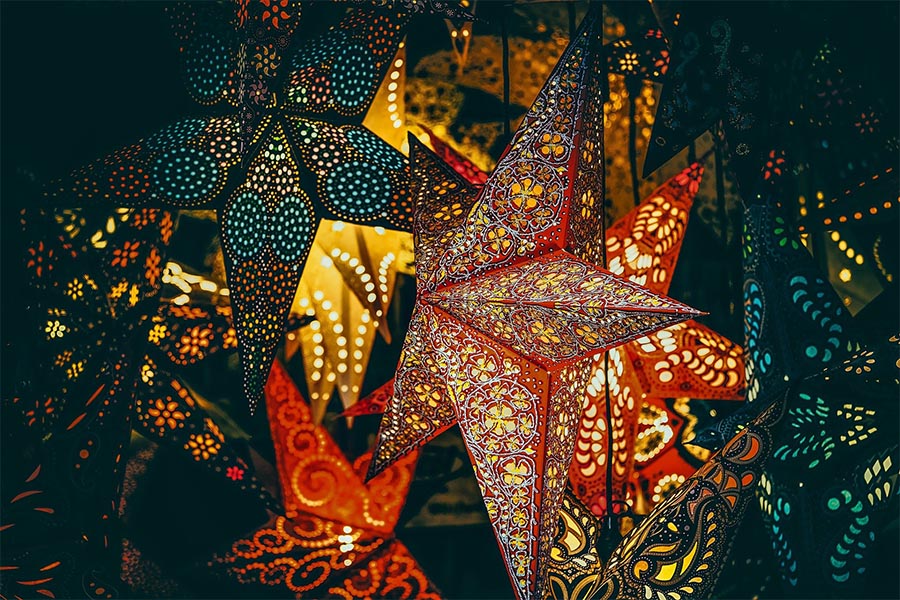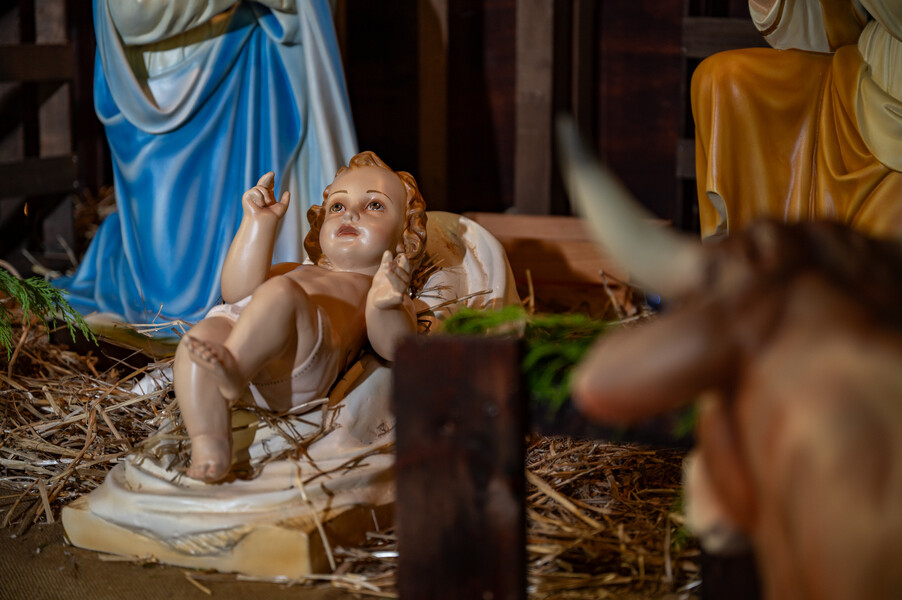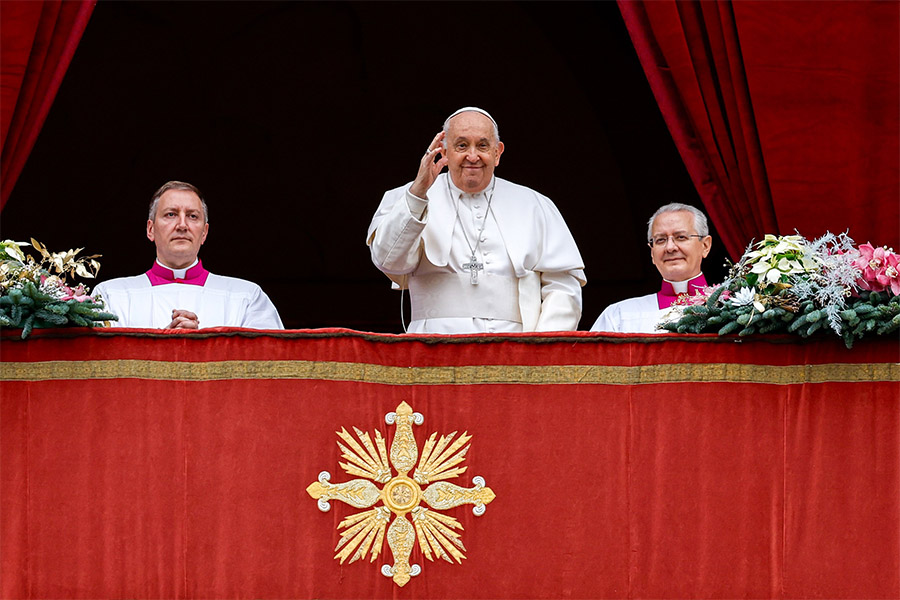This year, there is a new Grinch ready to steal Christmas and its name is COVID-19.
And the bad news for us is that this Grinch, being a microscopic virus and all, doesn’t even have the heart to grow three sizes.
The Macy’s Thanksgiving Day parade in New York City has been canceled. Santa won’t be doing many in-person visits. And the holiday office party will be even more awkward than usual now that it will be on Zoom.
Yes, it’s true that the coronavirus pandemic will upend many of our most cherished Christmas activities, but this trying time is a good one in which to rediscover some often-overlooked Christmas traditions that are perfect for our socially distant age.
Dust off Advent wreath
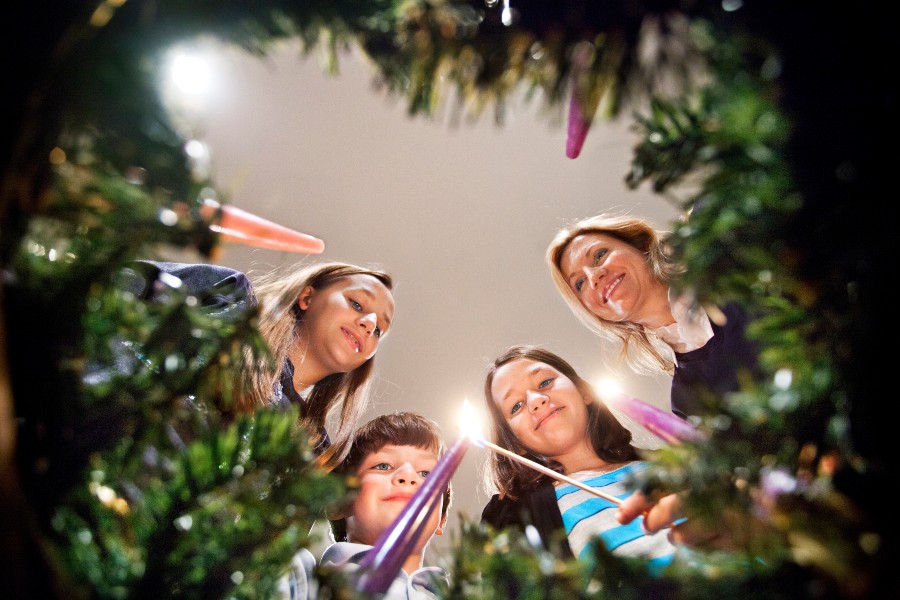
Catholics often bemoan the commercialization of Christmas, but shopping will look very different this year. Many stores have actually decided to remain closed Thanksgiving Day, reversing a trend years in the making. It could be easier than ever to put the focus on the baby Jesus over a secular Santa this year.
Consider adding an Advent wreath to your home and lighting it before dinner. The four candles, lit on each of the four Sundays of Advent, represent hope, peace, joy and love. Advent starts Sunday, Nov. 29, and, of course, ends Christmas Eve, Thursday, Dec. 24. Traditionally, Catholics say a special prayer before each candle is lit.
St. Nicholas Day
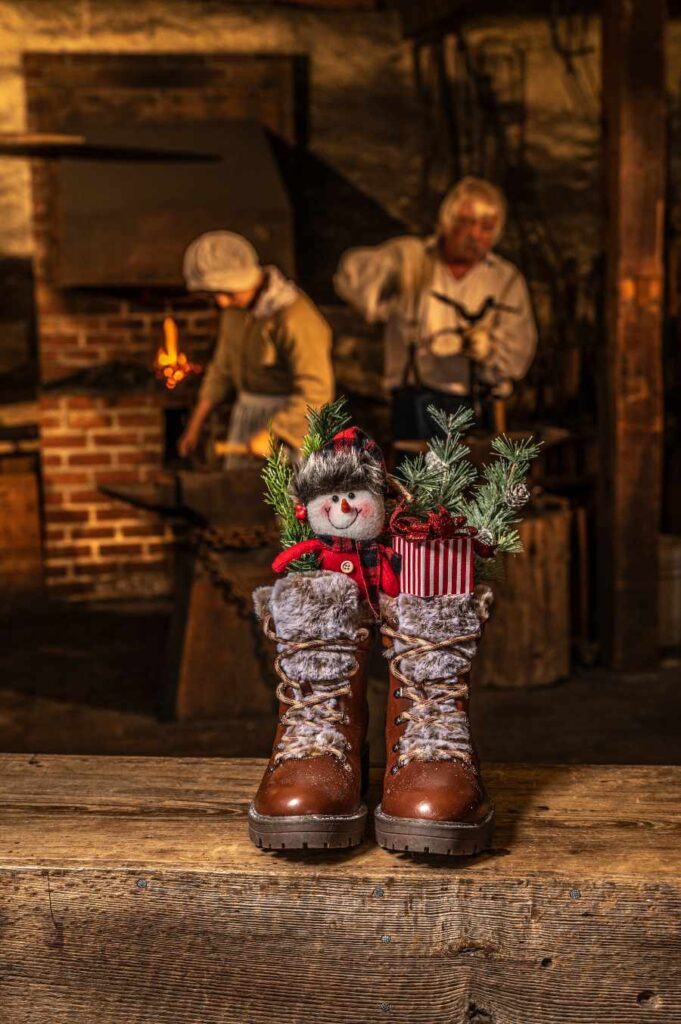
With a visit to Santa off the table for many families, the feast of St. Nicholas could be another way to keep children in the Christmas spirit (i.e., in line; that elf-on-the-shelf can only do so much).
Celebrated Dec. 6, this feast honors St. Nicholas of Myra, a second-century Greek bishop who was renowned for his generosity. St. Nicholas, or St. Nick, was the forerunner to Santa Claus. Catholics can celebrate St. Nicholas on his feast day by setting out their shoes the night before. When children (and some adults) go retrieve their footwear, they find them filled with treats, coins or small gifts.
St. Lucy Day
Catholics celebrate the feast of St. Lucy Dec. 13. She was an early Christian martyr in the Roman empire. While the stories about her life vary, most say Lucy was blinded and executed after she was outed as a Christian. A virgin, she chose to devote her life to Jesus and refused to marry. Because her feast often coincided with the shortest day of the year, St. Lucy Day became a festival of light in many Nordic countries. Her name literally means light; she is the patron saint of the blind.
Modern celebrations of St. Lucy Day are especially popular in Sweden and in the American Midwest. Young girls dress up as the saint, wearing a white dress with a red sash and crown of candles. While St. Lucy was no princess, the chance for dress-up should appeal to many little girls. A quick internet search yields instructions on how to create (nonflammable) St. Lucy crowns out of construction paper.
Also, from Scandinavia to Italy, St. Lucy’s Day is celebrated with delicious baked goods, using the finest ingredients. Home bakers who have been refining their skills during the pandemic can try their hand at making lussekatter or St. Lucia Buns. These s-shaped rolls are infused with saffron; some bakers place raisins inside the swills to symbolize Lucy’s eyes.
Take a Christmas drive
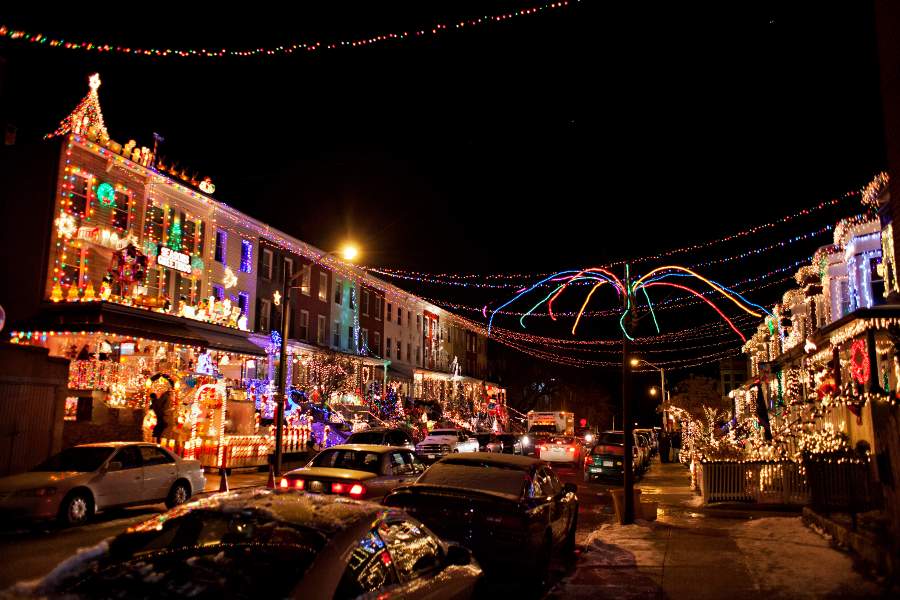
From drive-through confession to drive-in movies, car-based activities are experiencing a plague-induced renaissance. Taking a drive and seeing the best of Baltimore’s Christmas lights will be a fairly safe activity for the whole family.
Baltimore, the home of the Miracle on 34th Street in Hampden, loves a spectacular (if slightly tacky) Christmas light display. The lights in Hampden are on again this year, according to an organizers’ website, although some are discouraging people from visiting because of the coronavirus pandemic.
Starting Dec. 11, Timonium’s Church of the Nativity will transform its sprawling campus into an illuminated winter wonderland complete with – what else? – a Nativity scene. The light display will kick off with a charity drive Dec. 11-12. Consider dropping off gifts for Baltimore families in need before taking in the sights.
Keep the holiday season going
The pandemic could put a serious damper on Christmas, so why cut the celebration short? For Catholics, the feast of the Epiphany comes Jan. 6, 12 days after Christmas Day, and is of special significance. The feast celebrates the three Wise Men paying their Biblical visit to the baby Jesus. The Wise Men or “kings” famously gave the holy family gifts of gold, frankincense and myrrh.
Your Epiphany gift will be less valuable but much tastier because the feast is celebrated with – surprise – a feast. A King Cake or Rosca de Reyes is a must for the feast of the Epiphany.
Popularized by Mardi Gras celebrations in New Orleans, king cakes make a little more sense in this context. The tiny plastic baby figurines hidden inside the cakes represent the baby Jesus at the Epiphany and finding one is considered a blessing. Epiphany king cakes usually just have one baby while the Mardi Gras version unsurprisingly goes a little overboard.
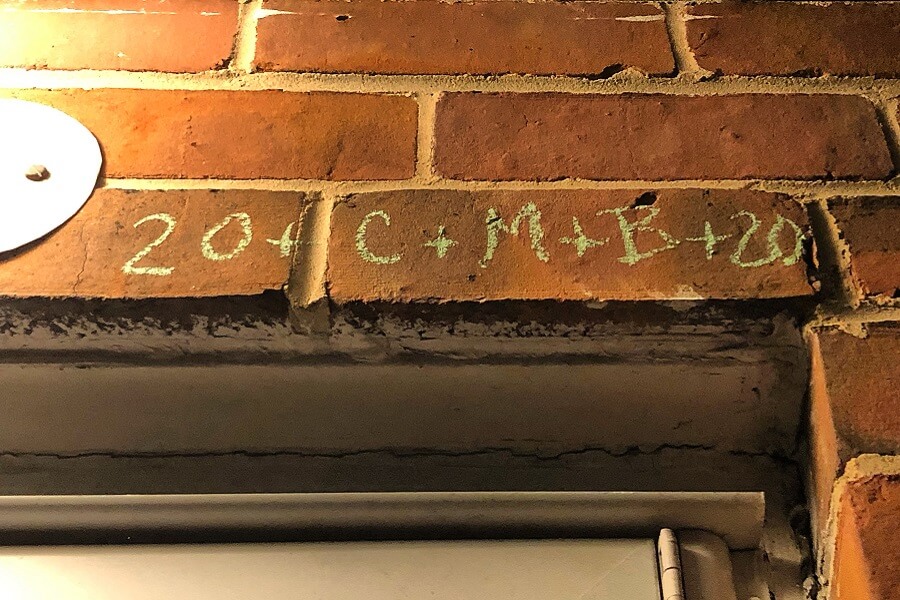
In some cultures, finding the baby also means another party a month later on Candlemas Day (Feb. 2), but there’s a slight catch: you are the host.
Also, who says the Christmas lights have to come down Jan. 2? The Epiphany marks another opportunity to light up the neighborhood with luminaria, small candles placed in bags with sand. They often line the pathway to a Catholic’s front door.
And tradition doesn’t end there, you can chalk your front door with the “20 + C + M + B + 21.” Say what? “C+M+B” represents the Latin phrase “Christus mansionem benedicat”: “May Christ bless the house” combined with the current year. The letters also represent the legendary names of the magi – Caspar, Melchior and Balthazar – although they are not mentioned by name in Scripture.
After the 2020 we have had, we think no one would want to miss the chance to ask Jesus to bless their home for 2021.
Also see
Copyright © 2020 Catholic Review Media

